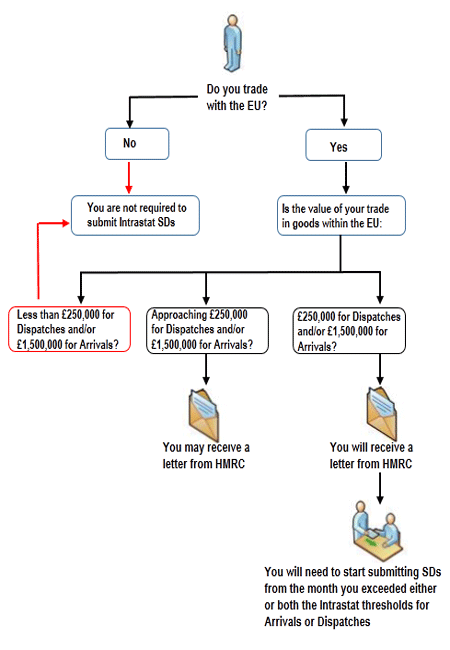More red tape and delays
The government has announced new plans to introduce import controls on EU goods at the border from 1 January 2021, the day after the end of the Brexit transition period.
This will almost certainly mean additional complexity and delays at borders and will damage businesses, especially those which operate on a Just In Time (JIT) basis or import fresh food, flowers or any other goods which are subject to rapid deterioration.
It is difficult to divorce politics from commerce in these circumstances, but I have avoided commenting on this decision on a political basis, although I think it is fair to say I am not in favour.
The government commented that all UK exports and imports (currently called dispatches and acquisitions from the EU) will be treated equally. This will mean traders in the EU and GB will have to submit customs declarations and be liable to goods’ checks. It was also confirmed that the policy easements put in place for a potential No Deal Brexit will not be reintroduced as businesses have time to prepare. (HMRC have withdrawn a collection of guidance on issues including tariffs, origin, and quotas, which was prepared for a potential No Deal Brexit).
It is difficult to identify how businesses could have had time to prepare as HMRC guidance was unhelpful on this point and it was, and still is, unclear what precise arrangements a business has to prepare for. It is assumed that this a unilateral UK’ decision and it cannot be helpful for cooperation negotiations, unless these controls are what are actually wanted. In the document, it is stated that: ”Business can prepare for border controls by making sure they have an Economic Operator Registration and Identification (EORI) number, and also looking into how they want to make declarations such as using a customs agent”. That is the extent of the advice provided and repeats what has been said before.
Without wanting to amplify government propaganda, but in the interest of even-handedness, below are the reasons given for implementing import controls:
- to keep our borders safe and secure so we know who’s coming in and how often, what they are bringing in, and why
- to ensure we treat all partners equally as we begin to negotiate our own trading arrangements with countries around the world
- to collect the right customs, VAT and excise duties
- the EU has said it will enforce checks on our goods entering the Eurozone. We will likewise enforce our own rules for goods entering the UK
Also, HMRC extended the deadline for businesses to apply for customs support funding to 31 January 2021. To date, applications have been made for around £18.5 million out of a possible £26 million.
This announcement follows on from the consideration of the introduction of UK freeports here.
I hope that there are enough customs agents to go round, although the lack of any evidence that HMRC is recruiting new Customs officers suggests that perhaps it is not fully prepared itself.

